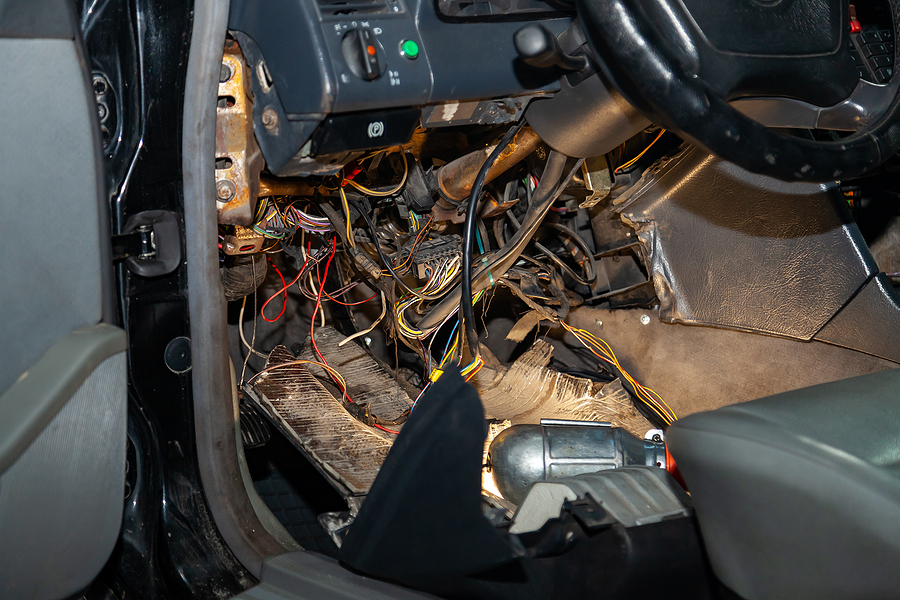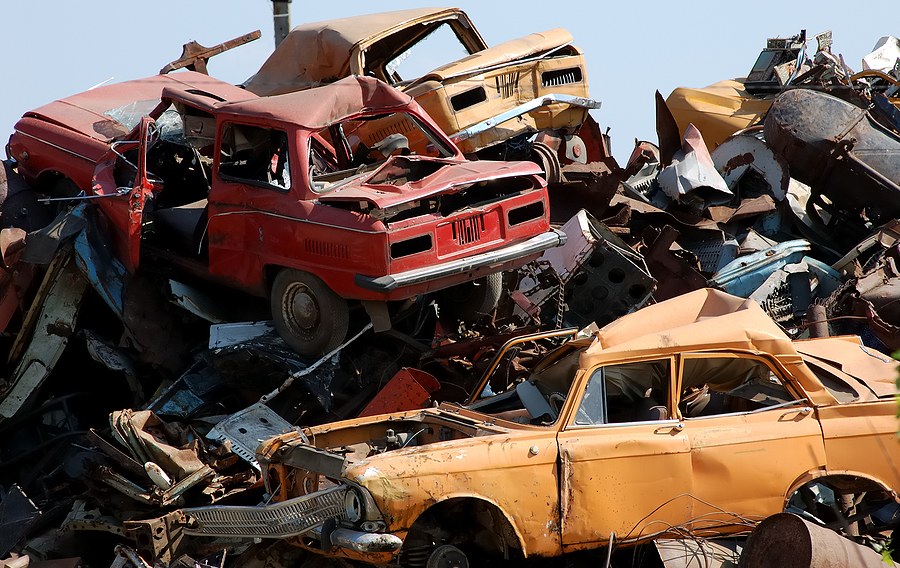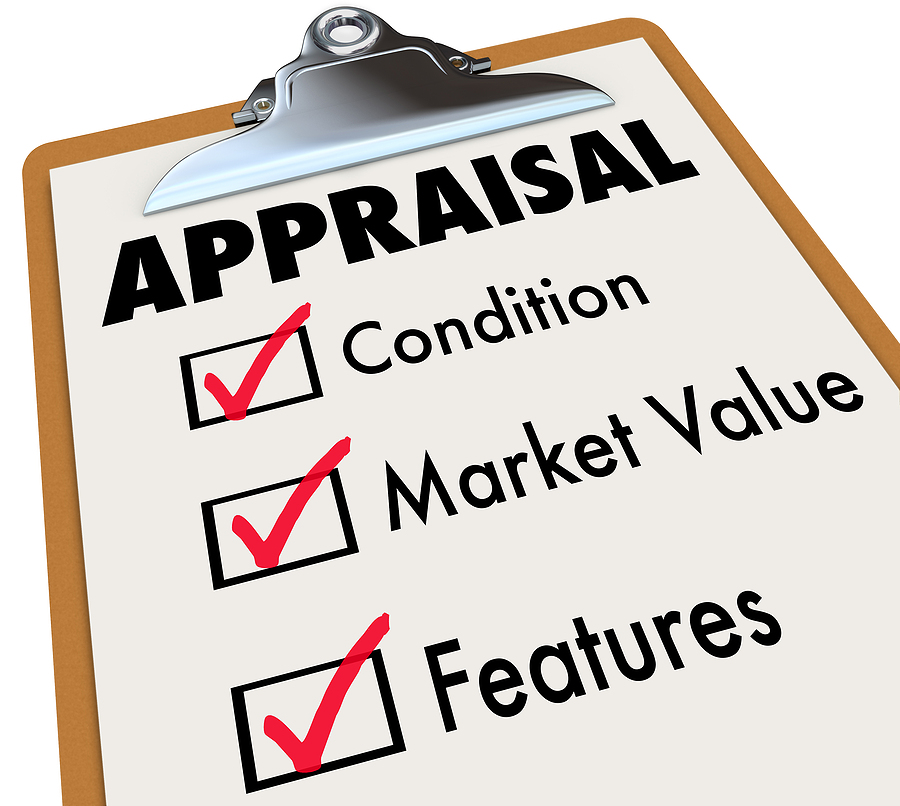Your old car sitting in the driveway might be worth more than you think. While that rusted vehicle may seem like nothing but scrap metal, it actually contains valuable precious metals that could put cash in your pocket. Understanding what makes your junk car valuable—and where to find reputable junk car buyers—can help you maximize your return when it’s time to sell.
Precious metals like platinum, palladium, rhodium, gold, and silver are essential components in modern vehicles. These metals serve critical functions, from reducing emissions to enabling electronic systems. When your car reaches the end of its road life, these valuable materials don’t disappear—they become opportunities for both environmental stewardship and financial gain through car recycling.
The junk car parts market has evolved significantly, with recyclers now equipped to extract and refine these precious metals efficiently. This creates a win-win situation: you receive cash for junk cars while contributing to sustainable resource management. Let’s explore how to identify the hidden treasure in your old vehicle and navigate the process of turning it into profit.

Identifying Junk Cars with High Precious Metal Content
Not all vehicles contain the same amount of precious metals. Several factors influence the junk car value, including the car’s age, make, model, and installed systems. Vehicles manufactured after 1975 are required to have catalytic converters, making them automatically more valuable for precious metal recycling.
Luxury vehicles typically contain higher concentrations of precious metals due to their advanced electronic systems and superior emission control technology. Cars equipped with anti-lock braking systems (ABS), electronic fuel injection, and sophisticated entertainment systems generally yield more valuable materials.
The condition of your vehicle also matters. While a car may be considered “junk” for driving purposes, its precious metal content remains intact regardless of exterior rust or mechanical failures. Even severely damaged vehicles retain their valuable catalytic converters and electronic components, making them attractive to specialized junk car buyers.
Types of Precious Metals Found in Vehicles
Platinum
Platinum serves as a crucial catalyst in reducing harmful emissions. This silvery-white metal is particularly valuable due to its resistance to corrosion and high melting point. Diesel vehicles typically contain more platinum than gasoline engines, as diesel catalytic converters require higher concentrations for effective emission control.
Palladium
Gasoline engines rely heavily on palladium for their catalytic converters. This metal has seen significant price fluctuations in recent years, sometimes surpassing gold in value. The automotive industry consumes approximately 80% of the world’s palladium supply, highlighting its importance in vehicle manufacturing.
Rhodium
Often the most expensive precious metal found in cars, rhodium works alongside platinum and palladium to reduce nitrogen oxide emissions. Even small amounts of rhodium can significantly increase your junk car’s value, as this metal commands premium prices in the recycling market.
Gold and Silver
These metals appear primarily in electronic components throughout the vehicle. Gold’s excellent conductivity and corrosion resistance make it ideal for circuit boards, connectors, and sensors. Silver, while less valuable per ounce, appears in larger quantities in various electrical applications.
Where to Find Precious Metals in Your Vehicle
Catalytic Converter
The catalytic converter represents the most concentrated source of precious metals in any vehicle. Located between the engine and muffler, this emissions control device contains a honeycomb structure coated with platinum, palladium, and rhodium. The exact composition varies by manufacturer and engine type.
Older model Volvos are particularly valuable due to their catalytic converters’ high platinum content. BMWs from the late 90s and early 2000s often contain substantial palladium concentrations. Certain Toyota models, especially the Prius, may have catalytic converters with elevated rhodium content, contributing significantly to their recycling value.
Electronic Components
Modern vehicles contain dozens of electronic control units, sensors, and circuit boards. These components use gold plating to ensure reliable electrical connections and prevent corrosion. Luxury cars like Mercedes-Benz and Lexus typically have more sophisticated electronic systems, translating to higher precious metal content.
Vehicles equipped with ABS systems contain sensors with small amounts of gold and silver. Navigation systems, premium audio equipment, and advanced safety features all contribute additional precious metal content to your vehicle’s overall value.
Wiring and Connections
While copper dominates automotive wiring, precious metals appear in critical connections and specialized applications. High-end vehicles often use silver-plated contacts in switches and relays, while gold plating protects important electrical connections from environmental damage.
Request a Free Quote for Your Junk Car! 🧾
The Recycling Process: Extracting and Refining
Professional car recycling facilities use sophisticated processes to extract precious metals from junk car parts. The process begins with careful dismantling, where trained technicians remove catalytic converters and electronic components containing valuable materials.
Catalytic converters undergo specialized processing where the ceramic honeycomb structure is crushed and processed through high-temperature furnaces. This process separates the precious metals from the ceramic substrate, allowing for purification and refinement. The extracted metals are then sold to manufacturers for use in new products.
Electronic components follow a different path, often requiring careful disassembly to separate precious metal-containing parts from other materials. Advanced recycling facilities use chemical processes and specialized equipment to recover gold, silver, and other valuable metals from circuit boards and connectors.
Environmental and Economic Benefits of Recycling
Recycling precious metals from junk cars provides substantial environmental advantages. This process reduces the need for new mining operations, which helps preserve natural habitats and prevents deforestation. Mining precious metals requires extensive earth movement and can disrupt entire ecosystems.
The energy conservation benefits are equally impressive. Recycling metals requires significantly less energy than extracting them from ore, resulting in lower greenhouse gas emissions and a reduced carbon footprint. This energy efficiency translates to both environmental and economic benefits for the recycling industry.
Preventing harmful chemicals from entering the environment represents another crucial benefit. Proper car recycling ensures that catalytic converters and electronic components are processed safely, protecting soil and water quality. This responsible approach promotes sustainability by keeping valuable resources in circulation rather than buried in landfills.
Legal and Ethical Considerations
Before selling your vehicle for precious metal recycling, verify that you have legal ownership rights. Possession of the vehicle title is typically required to complete any sale transaction. Without proper documentation, reputable junk car buyers cannot legally purchase your vehicle.
Complete all necessary paperwork accurately, including bills of sale and transfer documents. Different states have varying requirements for vehicle transfers, so familiarize yourself with local regulations before beginning the selling process.
Environmental regulations govern the disposal of automotive hazardous materials. Ensure that your chosen recycling facility adheres to local and federal environmental standards. Licensed recyclers follow strict protocols for handling fluids, batteries, and other potentially dangerous substances.
Understanding reporting requirements helps avoid legal complications. Some jurisdictions require notification when vehicles are sold for scrap or recycling. Verify that your selected recycling facility maintains proper licensing and permits for handling automotive waste materials.
Tips for Maximizing Your Junk Car’s Value
Research current precious metal prices before selling your vehicle. Market values fluctuate regularly, and timing your sale during favorable market conditions can increase your return. However, storage costs and continued depreciation may offset potential gains from waiting.
Obtain quotes from multiple junk car buyers to ensure competitive pricing. Different facilities may specialize in certain vehicle types or have varying capabilities for precious metal extraction. Companies like GC’s Junk Cars in Cincinnati, Ohio, can provide professional evaluations and fair pricing for your vehicle.
Keep your vehicle’s documentation organized and readily available. Having the title, registration, and maintenance records demonstrates legitimate ownership and can streamline the selling process. Some buyers may offer higher prices for vehicles with complete documentation.
Consider the timing of your sale. End-of-year periods often see increased activity in the recycling market as companies seek to meet annual targets. However, don’t delay unnecessarily, as deteriorating conditions may reduce your vehicle’s overall value.
RECAP
The precious metals hidden in your junk car represent a valuable opportunity that shouldn’t be overlooked. From platinum-rich catalytic converters to gold-plated electronic components, your old vehicle contains materials that retain significant worth long after the engine stops running.
Understanding which vehicles contain the most valuable materials, where to find these precious metals, and how the recycling process works empowers you to make informed decisions about selling your junk car. The environmental benefits of responsible recycling add meaning to the transaction, knowing that your decision contributes to sustainable resource management.
Working with reputable, licensed recyclers ensures that you receive fair compensation while meeting all legal requirements. The combination of immediate cash payment and positive environmental impact makes selling your junk car for precious metal recycling a smart choice.
Contact GC’s Junk Cars today for a free quote on your junk car and discover how much cash those hidden precious metals can put in your pocket. We pay cash on the spot and tow away cars for free.
Related Post: How the Scrap Metal Market Impacts the Value of Junk Cars




